How to apply the Digital Code of Practice to your work
The Digital Code of Practice (DCOP) is a companion guidebook for all public service employees and contractors involved in and accountable for digital service delivery, including those in technical, policy and decision-making roles. The 10 practices provide practical guidance on using technology and digital services to transform government operations and deliver improved services to people in B.C.
We hope teams will use the DCOP in many ways, including:
- Guiding strategic planning, solution analysis and problem solving within business areas and product teams
- Assessing the alignment of a digital product or service with the direction of a current digital government
- Highlighting and connecting public service employees with guidance, learning opportunities and case studies that can support them in implementing practices
- Increasing accountability and clarifying the expectations for digital services
- A reference when preparing business cases and a funding request
- Supporting decision making and prioritization in ministries and for the Deputy Ministers’ Committee on Digital and Data
Assess your team’s strengths and explore growth opportunities
For B.C. government employees only: Introduce your team to the Digital Code of Practice and how it can be used to support the work you do. Designed for all teams involved in or supporting digital service delivery, our facilitation kits provide everything you need to run a one-hour DCOP workshop with your team.
Learn the 10 practices
The 10 practices are aimed at helping you create effective and impactful digital services. While each practice holds significance, they work together to create a powerful framework that helps to contribute to a more ethical, inclusive and sustainable digital future.
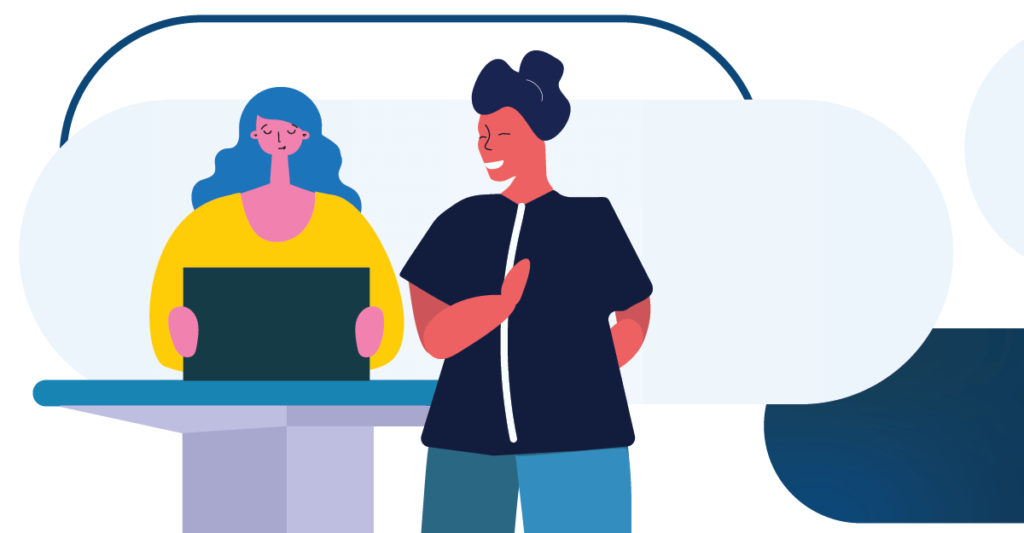
Deliver value for people who live in B.C. and cultivate trust
Interactions with government services should be efficient, reliable, fair and safe.
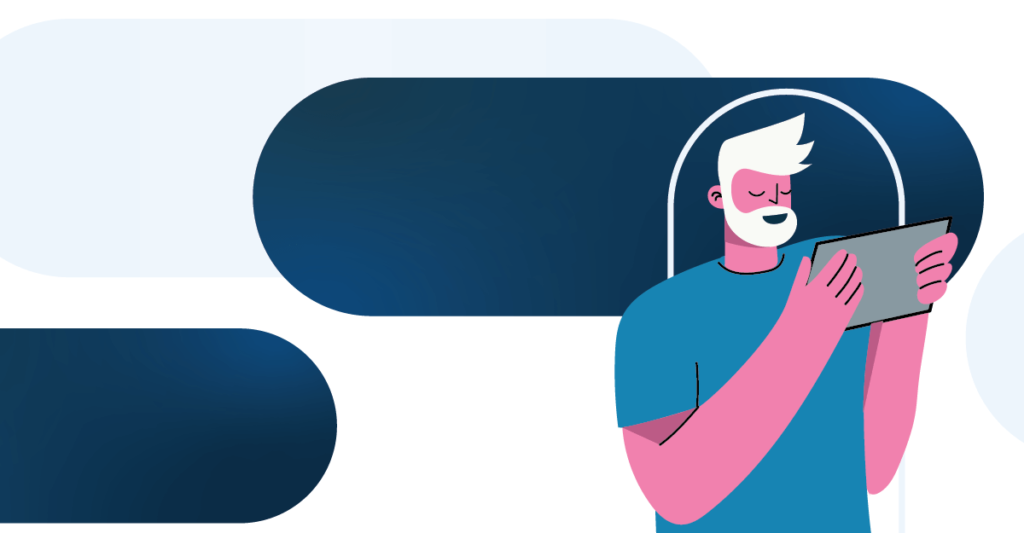
Design with people and embed inclusion
The most important goal of a digital product or service is to meet the needs of all people who use it.

Integrate ethics
Being ethical means making sure people are treated fairly and living up to public service ethical standards and corporate values.
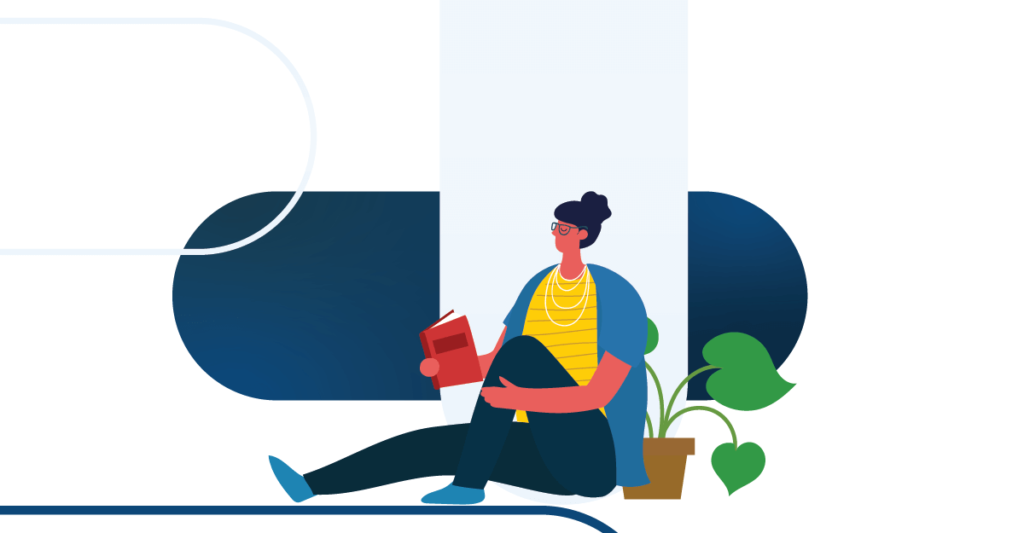
Continuously learn and improve
Today’s development and delivery methodologies allow teams to make small, rapid changes to their products rather than trying to perfect and release the product in a single push.
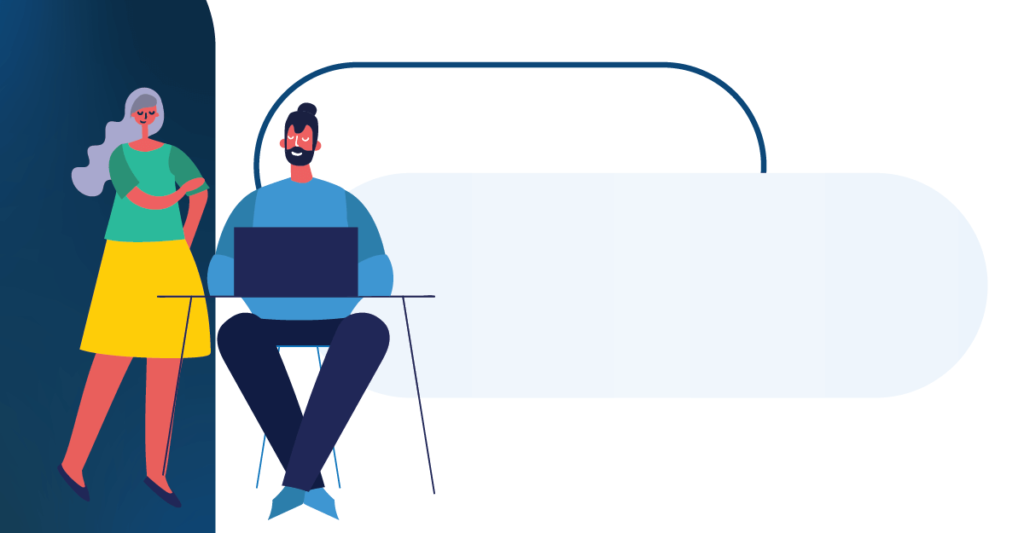
Work in the open
Open ways of working build public trust in government, encourage innovation, improve our digital products and make it easier for people to access government services and information.

Take an ecosystem approach
Teams that take an ecosystem approach consider the entire government digital ecosystem in their work.
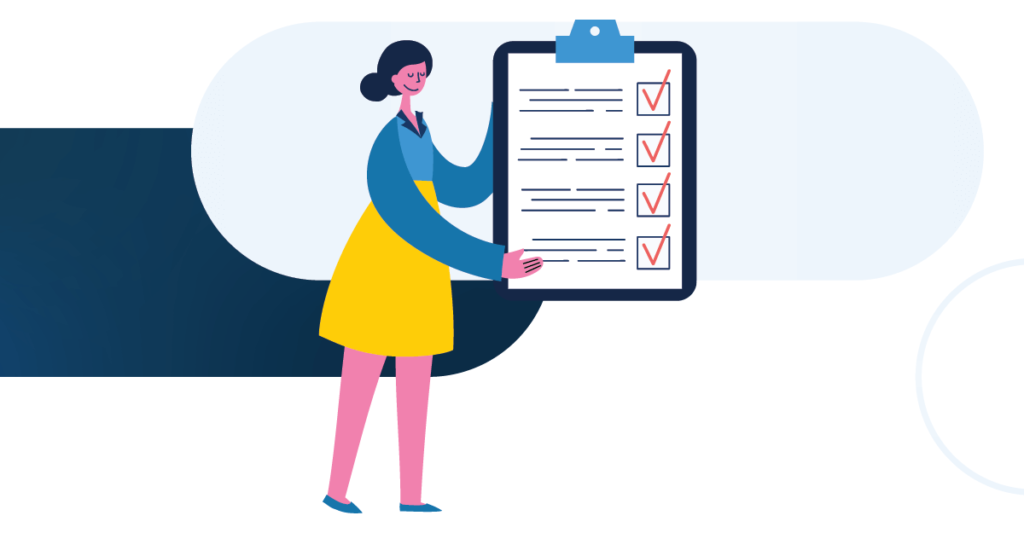
Take care of information and data
Public service employees have a responsibility to manage data in a way that instills public trust and maximizes value to the public.

Manage risks proportionately
People expect the government to protect their legal interests, provide safe and secure services and use our resources in the most efficient way.
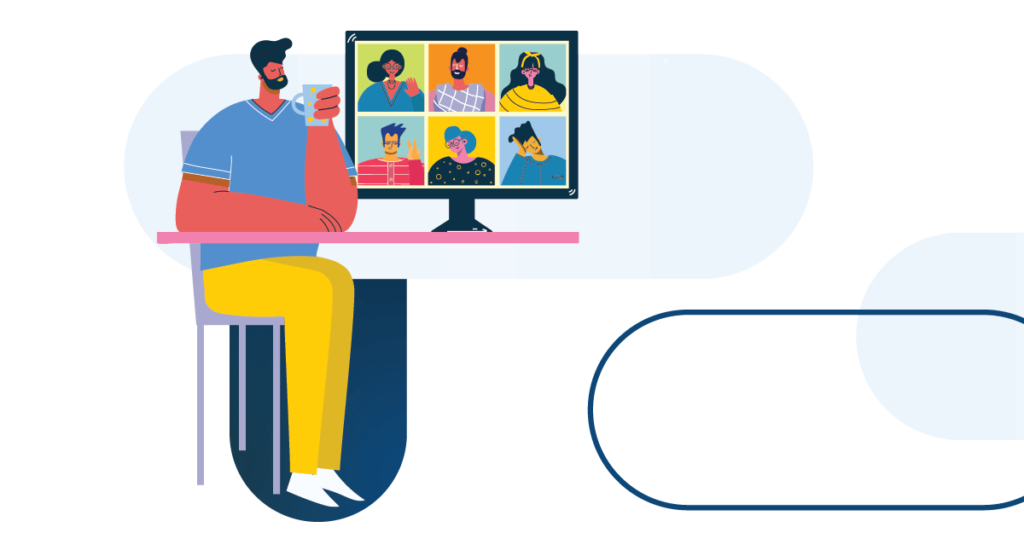
Build diverse teams and internal capacity
Delivering great products and services means creating diverse, capable teams and giving them the support and flexibility they need to do their jobs right.
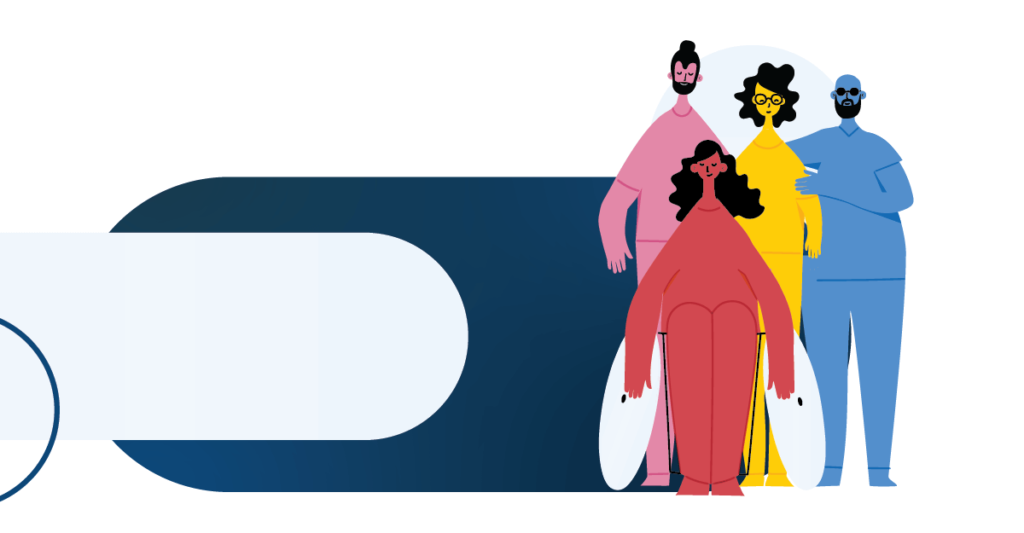
Express cultural and historical awareness and respect
Cultural and historical awareness and respect is foundational in our work as public service employees, and in digital service delivery.
